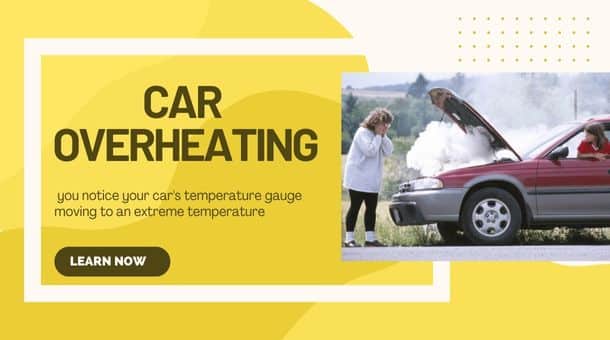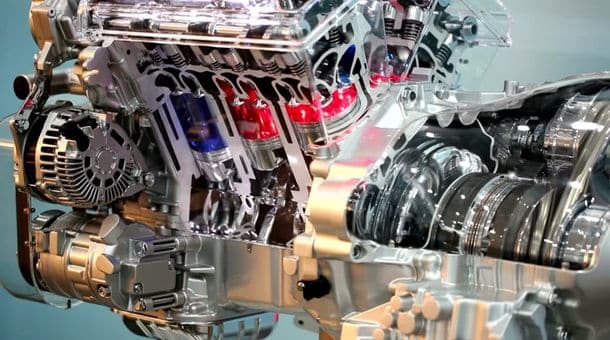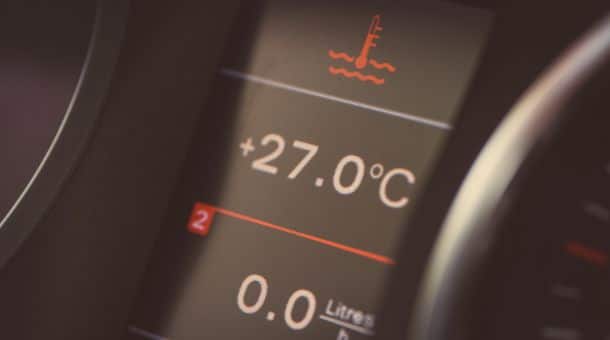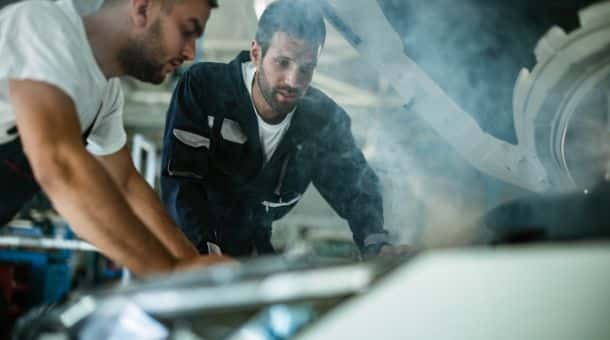Do not be alarmed if you notice your car’s temperature gauge moving to an extreme temperature. There is a many of factors that How to Keep Your Car from Overheating. However, the most prevalent issue is a low level of coolant, which is easy to fix.
If you’re dealing with an even more significant issue is needed, you must get the vehicle taken to a repair facility and repaired by a skilled mechanic.
HOW TO HANDLE ENGINE OVERHEATING?
If you’re in the car and you notice that your engine starts to overheat, follow the steps below:
- Switch off the air conditioner
- This eases the load on your engine and could assist in keeping it under control.
- The heater should be turned up, increasing the fan until it is at full speed.
- It may sound counterintuitive, but this can help remove heat from your engine and allow it to breathe.
- Complete the cooling system for coolant with either antifreeze or even water.
In many cases, this will allow you to cool down the engine so that you can make it to the destination. Be aware that this may be temporary, so be aware of your engine.
Be aware that because it is a source of hot water, Be cautious when removing the cap from the radiator. Allow a few minutes to cool down before removing the cap on the radiator. You can also use a rag to cover the cap to avoid steam burns.
Rev it up
If you’re stuck in the middle of traffic or at an intersection, put the car in neutral or park and crank the engine speed up to 1500 RPM to get air and water flowing throughout the radiator.
Additionally, it would help if you reduced the temperature by avoiding the brake pedal while in traffic to prevent air from moving into the radiator.
Do not pull over
If your temperature monitor is still rising and rising, you should make a stop and contact a tow truck to stop further damage from happening to the engine. Unzip the vehicle’s hood and allow the engine to cool for at least 30 minutes before doing anything. Bring your car to your mechanic to make repairs.
Tips: How to Keep Your Car from Overheating
Making a note of a few tips while driving will help prevent permanent damage to your engine down the road.
- Make sure you check the coolant levels of your car regularly
- You can keep an extra bottle of fresh antifreeze as well as an ounce of water within your vehicle
- Be aware of your car’s temperature when you travel
- Don’t over-use the car’s air conditioner in extremely hot temperatures.
- Assist in cooling the engine through running a temperature at the first indication of excessive heat.
- Check the owner’s manual for the most current information regarding coolant flushes.
Overheated engines are an indication of a major problem. Regular inspections of your vehicle’s maintenance will assist in identifying issues early before causing irreparable damage to the vehicle.
If you have questions about your vehicle’s cooling and coolant systems, We’re here to help you at the closest Goodyear Auto Service location.
Signs of car overheating
- One of the symptoms could be that the heater in the vehicle is not warming up, suggesting that the engine’s thermostat is shut or the coolant is not flowing properly.
- A glance at the gauge for temperature can aid in the process. If the gauge for temperature is higher than normal, it is time to check it out.
- Additionally, the warning light for temperature could appear. If this does happen, you’ll know that it’s serious.
- The same goes for sudden spouts of steam underneath the hood. It is typically a sign that a hose for the radiator has ruptured.
- Additionally, a vehicle that is too hot may stall more often.
Vehicle overheating problems and their effects
The primary consequence of vehicle overheating could result in damage to the engine. In the case of businesses, this can mean unexpected repair costs.
It could also mean the vehicle is going to be removed from service for a time in addition. The knock-on consequences of that can be the most difficult for fleet-operating businesses. Why? Because it could lead to the consequences of delays, for example, delivery or service calls.
Before you reach this point, there’s the matter of basic safety for passengers, drivers, and cargo, depending on the kind of business. To monitor things like temperature warning lights and the indicator for the engine lights.
It’s beneficial for fleet managers and small-scale business owners that manage an entire fleet to utilize an app for managing fleets. With Veturilo, you can access the vehicle’s engine warnings on your smartphone. This way, you’ll be able to keep track of vehicles and act quickly when issues arise.
How to Keep Your Car from Overheating
It is the best option to follow. It is possible to be aware of the condition that your vehicle is experiencing by bringing regular inspections by an expert in automotive.
It is important to check the coolant level regularly and ensure that it is always at the correct level. Regular maintenance is especially important in the event of an extended road trip, as your vehicle is likely to be more susceptible to overheating when moving. Keep a repair kit in your vehicle to conduct maintenance yourself if required.
The Bottom Line
How to Keep Your Car from Overheating, don’t try to drive any further. Stop driving, pull over and shut off the engine. The steps can be taken to identify any issues, but the best option is to take the car to the closest Goodyear Auto Service.







